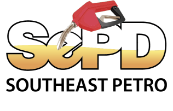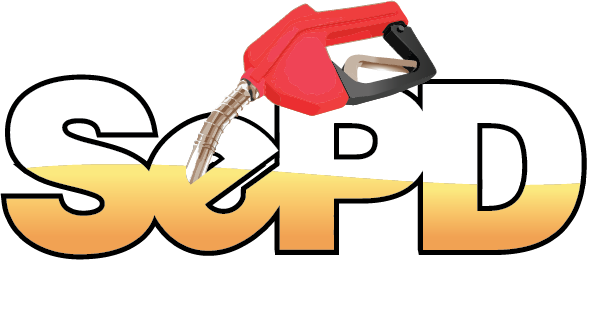There are many reasons, not just legal ones, why convenience stores should prevent tobacco sales to minors. Here are just a few, according to government research:
– Each day in the United States, more than 3,200 people younger than 18 smoke their first cigarette. About 2,100 young people who have been occasional smokers become daily cigarette smokers.
– The Centers for Disease Control says almost nine of 10 smokers first tried cigarettes by age 18; 99 percent tried them by age 26.
– The CDC’s 2013 survey of youth risk behavior found that in the month before the survey, 15.7 percent of high school students had smoked cigarettes and 8.8 percent had used smokeless tobacco. Overall, more than 41 percent had tried cigarettes. And 9.3 percent had smoked a whole cigarette before they were 13 years old.
– At current rates, one in every 13 Americans who are children today will die prematurely from a smoking-related illness.
– Among the 12.4 percent of students who smoked cigarettes and were younger than 18, the CDC says 18.1 percent had usually obtained their own cigarettes by buying them in a store or gas station.
In a recent letter from BP to its brand marketers, the company exhorted store owners to continue their vigilance in preventing sales of tobacco to minors. In addition, the company wrote, “the U.S. Drug Enforcement Administration (DEA) has added some of the compounds used in making ‘bath salts’ and other synthetic drugs to the federally-controlled drug schedule as a Schedule 1 controlled substance. Please note that the sale of synthetic drugs (products that are designed to mimic the effects of marijuana, amphetamines, and other illegal drugs) are themselves illegal. Therefore, the possession, distribution, sale and use of these synthetic stimulants are a violation of federal law and, in many cases, state law as well.”
According to a government survey, synthetic cannabinoids are the second most frequently used illegal drug among high school seniors after marijuana.
The 2012 Synthetic Drug Abuse Prevention Act permanently places 26 types of synthetic cannabinoids and cathinones into Schedule I of the Controlled Substances Act.
These synthetic drugs may cause a number of harmful effects, from seizures to hallucinations and violent behavior, depending on the drug. Their chemical composition is altered frequently to avoid government bans.
They are sold at retail outlets, including service stations, under names including Ivory Wave, Purple Wave, Vanilla Sky, Bliss, Spice, K2, Blaze and Red X Dawn. They may be labeled as incense, potpourri, bath salts or jewelry cleaner.
BP is encouraging its stores to be vigilant about keeping these products off the shelves. It also prohibits the sale of “pipes, tubes, roach clips, instructions or descriptive materials, or containers for concealing illegal drugs or paraphernalia,” the company wrote to store owners.
Read the entire memo here. BPmemo





